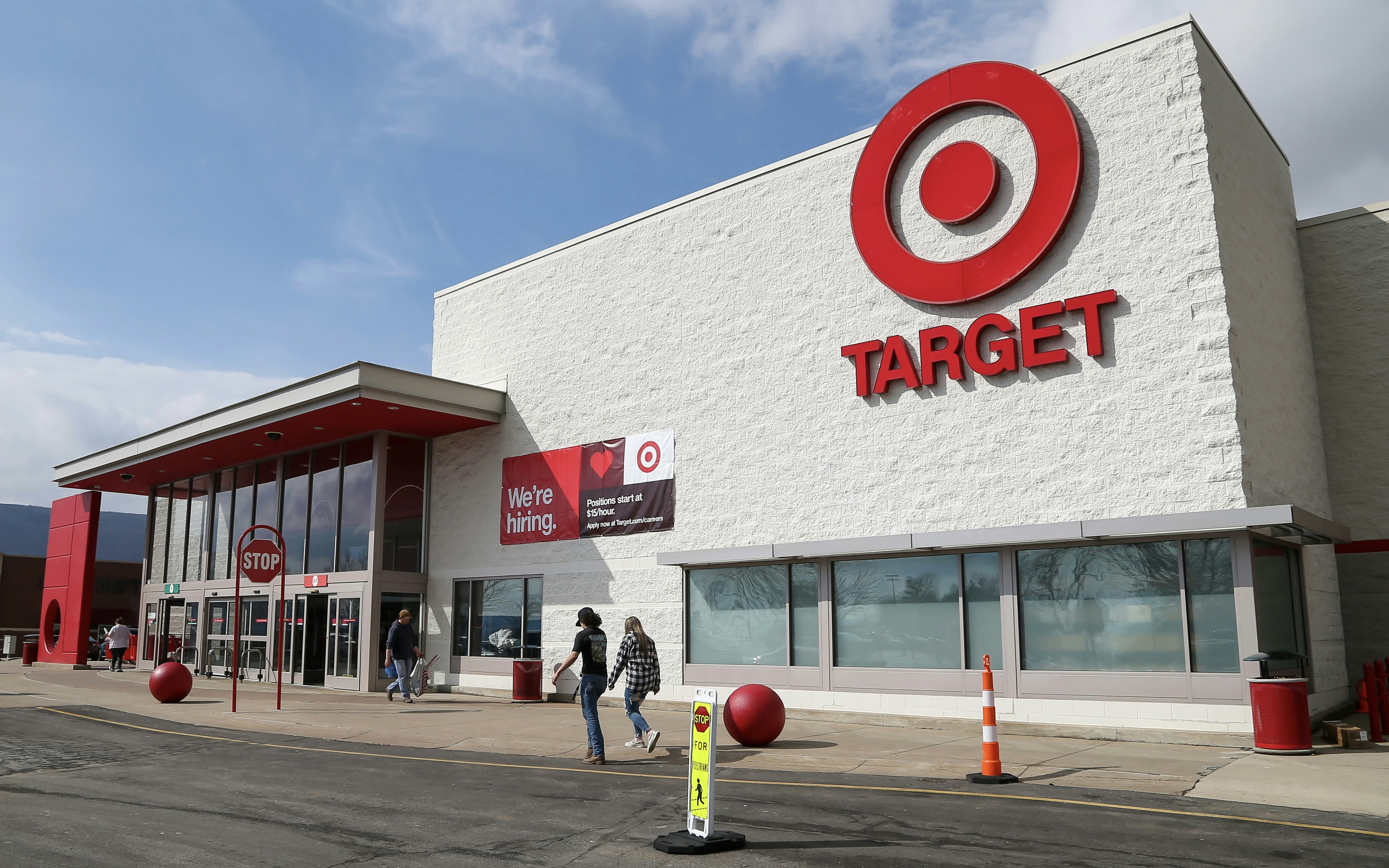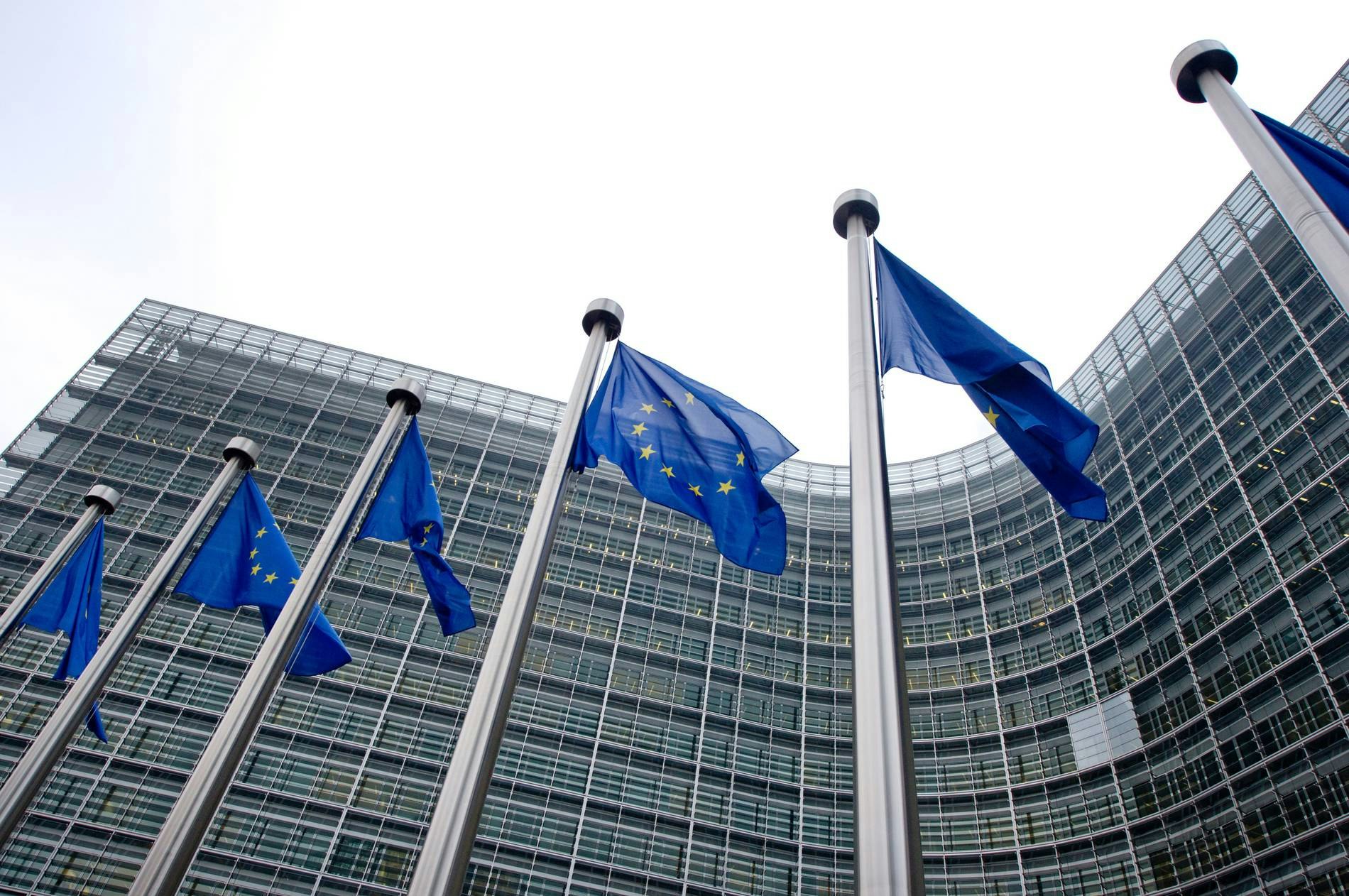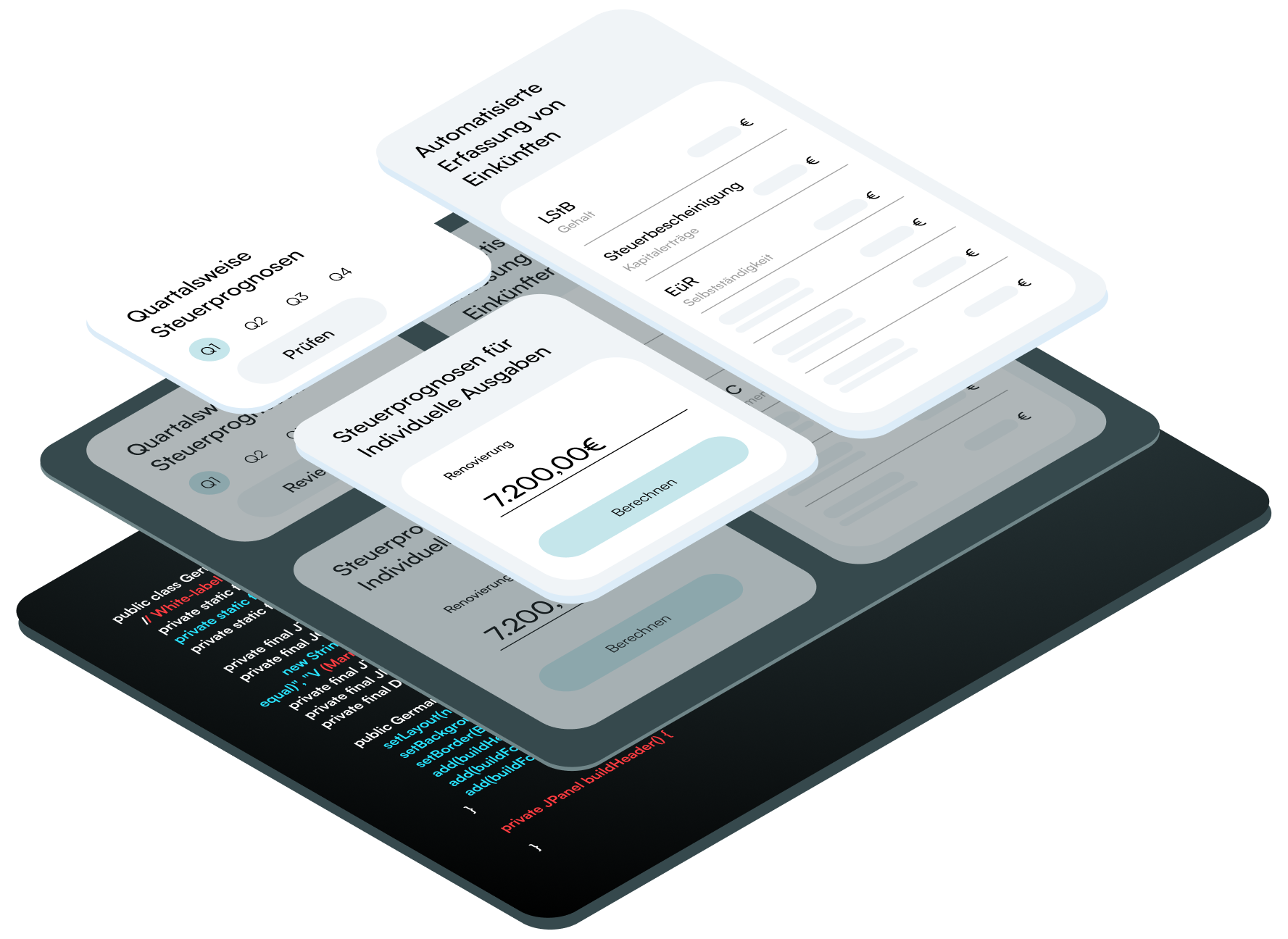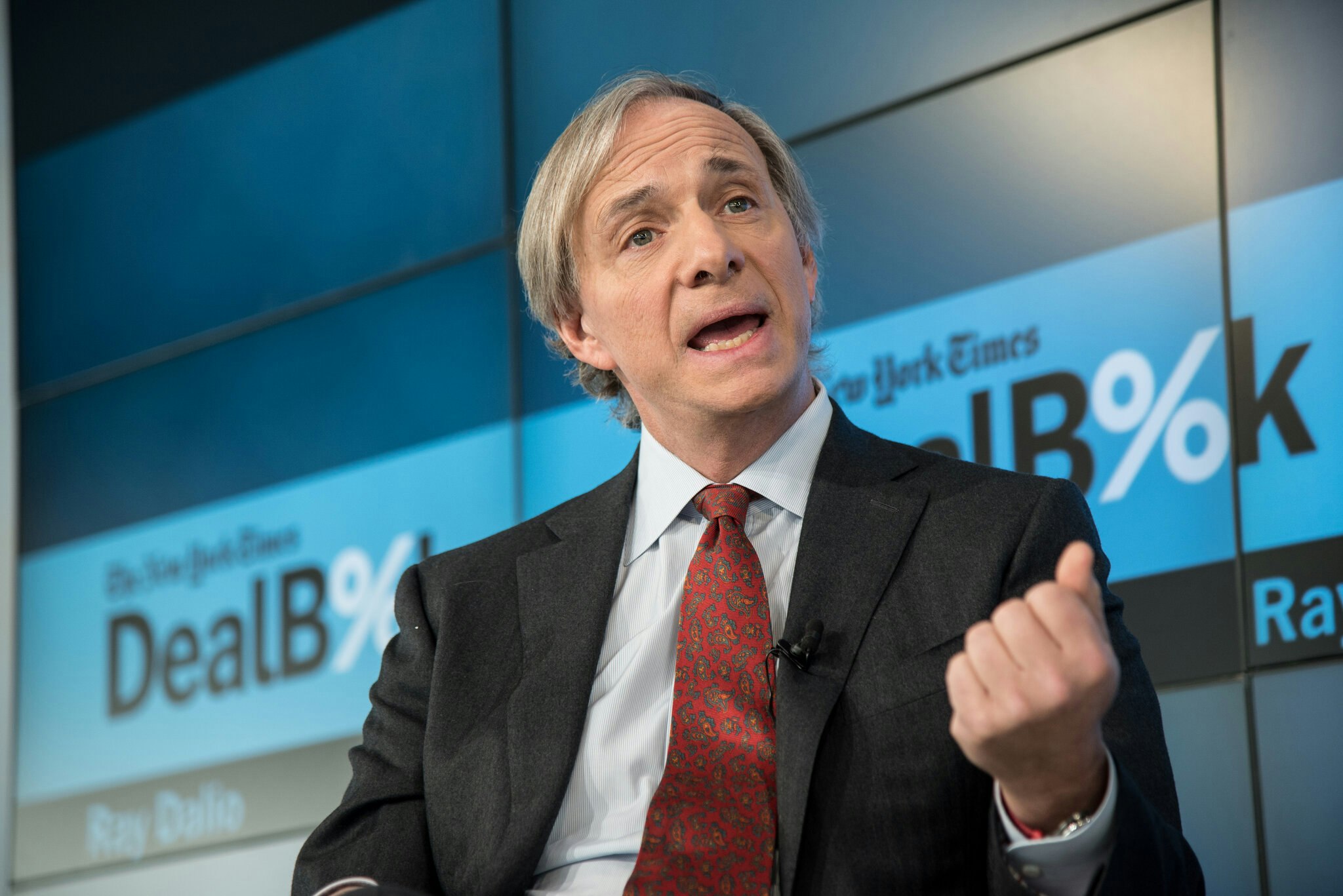Ten quarters of stagnant or declining sales, decreasing employee satisfaction, and a diminishing profile in the competition: The US retailer Target is facing a profound leadership change. According to an internal survey from June, about 40% of the 260,000 employees do not believe in the future viability of the company; among the headquarters employees in Minneapolis, the figure is even lower.
CEO Brian Cornell, in charge for over ten years, is preparing his departure. The board of directors is intensively examining the issue of succession. In addition to internal candidates like COO Michael Fiddelke, who has been with the company since 2003 and recently led a program to increase efficiency, many investors, according to a Mizuho survey, want an external manager by 96% to initiate a clear fresh start.
The operational situation is tense. Target is investing around 4 billion US dollars in business expansion in 2024, digital sales have tripled since 2019, and exclusive collaborations – such as with Kate Spade or a limited Taylor Swift edition – have recently supported sales. However, internal data shows that the price image has suffered compared to competitors like Walmart, even after thousands of items were reduced in price.
Compounding this are political controversies. The withdrawal of Pride merchandise in 2023 and the reduction of DEI programs in 2024 led to boycotts, investor criticism, and exclusion as a sponsor of the Pride parade in Minneapolis. Members of the founding family publicly expressed "shock and dismay.
Market share losses in core segments such as fashion and household goods highlight the pressure to act. Bernstein analysts recommend selling shares and call for comprehensive experience in assortment strategy, restructuring, and digital commerce for the future CEO. A "steady hand" will be crucial, along with the ability to lead decisively under pressure.







